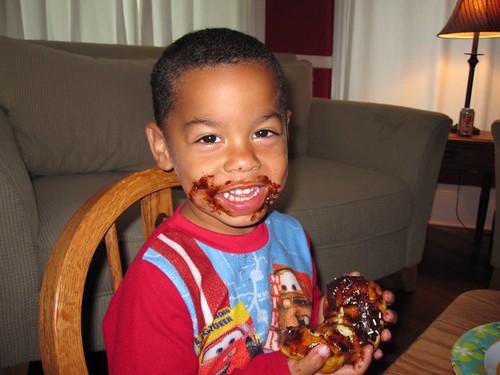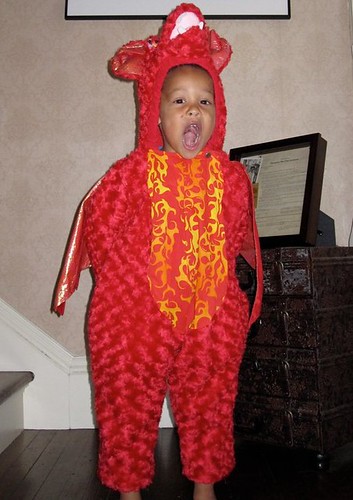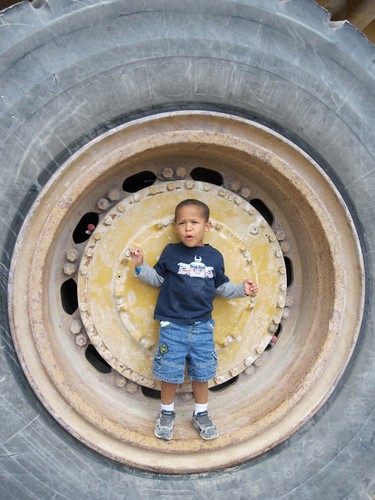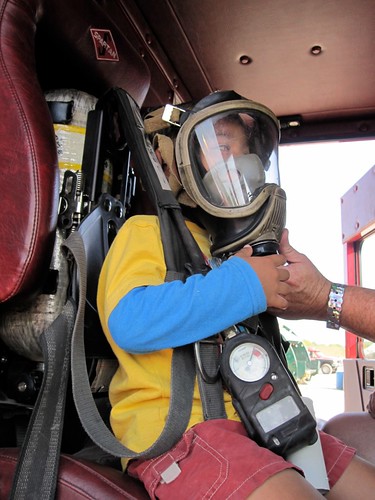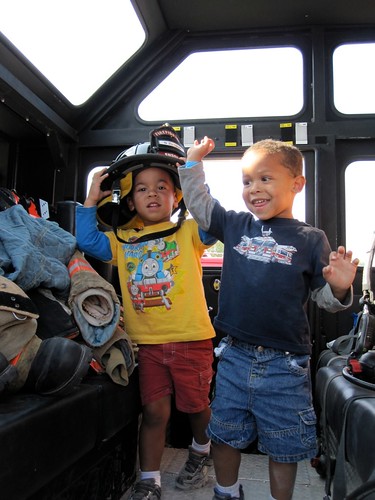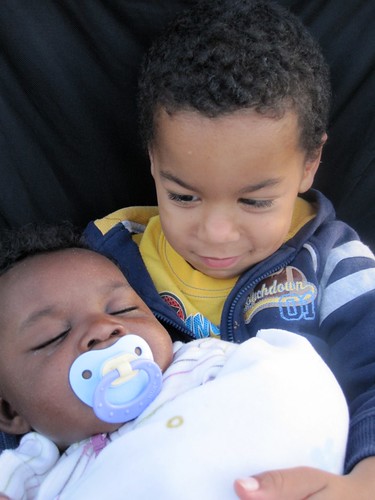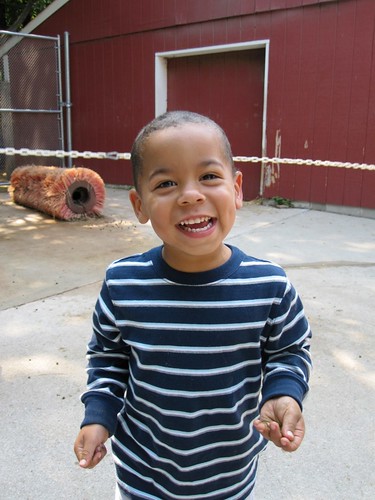
I've been a fan of Lorrie Moore since 1989 or so, which is when I first read
Anagrams, a book that is funny and weird right up until it rips your heart out. This is Moore's great talent -- her characters engage in puns, wordplay, bad jokes, keen but skewed observation, and yet these things prove to be little help against bad decisions, dumb luck, and life's relentlessness progression towards calamity. This is nowhere as evident as in her story, "People Like That Are The Only People Here," which is collected in
Birds of America. That story, largely set in a pediatric oncology ward, is so blunt and full of anger that when it first appeared in
The New Yorker in January of 1997, many readers took it as a piece of non-fiction.
I was especially eager to read
A Gate at the Stairs, Moore's first book in ten years, because I'd read that part of its plot concerned
transracial adoption, a topic with which I am heavily and emotionally invested. So much so that its difficult for me to focus a response on anything else in the book. (Other things in the book: the post-9/11 American
midwest, several characters who aren't who or what they claim to be, a horticulturist's knack for describing flowers and
farmable crops, the multiple forms of grief.)
Moore sometimes strikes me as a bit too polite or genteel to really immerse herself authoritatively into the messes created here. (Tassie notices a bumper sticker in Green Bay Packer country that says, "Bears Stink," and one gets the sense that Moore is shying away from the cruder truth of the matter -- and the more likely bumper sticker: Bears Suck.) Also, the 20-year-old Tassie has the eye, vocabulary, diction, and manner of a woman easily twice her age. I don't think that's a bad thing, necessarily, as 20-year-old girls tend not to be so interesting and insightful, but this is not a character to which the full vitality of youth is ascribed. Both of these storyteller issues factor significantly into how I reacted to Moore's handing of adoption.
The book is set in Wisconsin, in a barely disguised Madison Moore calls "Troy," where the book's narrator,
Tassie Keltjin, accepts a job as a nanny for a couple who become parents of a biracial two-year-old girl through adoption. Through the unattributed crosstalk of an overheard
parenting group, Moore spends a good deal of page time numerating (but not really addressing) many of the cultural issues attached to
parenting, race, and adoption, and generally the book is smart and sympathetic about these issues.
Tassie, however, certainly sees the child's birth mother as a victim of socioeconomic circumstance (if not mistreatment) rather than an informed and/or responsible adult making a reasoned decision about the future of her child. The renaming of the child by the adoptive
parents is also a not-quite-articulated sticking point for
Tassie, who continues to call the child by a combination of her birth- and adoptive names throughout the rest of the novel. In the end, the adoptive couple,
Tassie, and Moore all seem to give in to the mounting problems that the child presents and she is, literally and figuratively, carried right out of the book. That the adoptive
parents are clueless, oafish, and hiding skeletons in the closet, does not quite overcome the stomach-crunching tragedy of what happens to the little girl, particularly given what a reader may know of attachment disorders and early childhood development. In some ways,
Tassie suggests that the adoptive
parents deserves what befalls them, but in that figuring the child becomes a sociopolitical prop not only to the adoptive
parents but to the novel as well.
I know enough about the ways stories and narrators work to not accuse Moore of her characters' sins, but for as witty and
insightful and sophisticated an observer as
Tassie has proven to be throughout the book, she has little to say about this particular story's end. (From this point, 4/5
ths of the way through the novel, the storyline takes a different tack, and never quite returns.) I can't help but feel that the hardest work this novel had to do was elided over, brushed
aside. And, sure, I probably wouldn't feel this way about this book if it didn't send its particular sparks so damn close to my home on the dry and
tinder-thick side of that particular
forest fire.)


